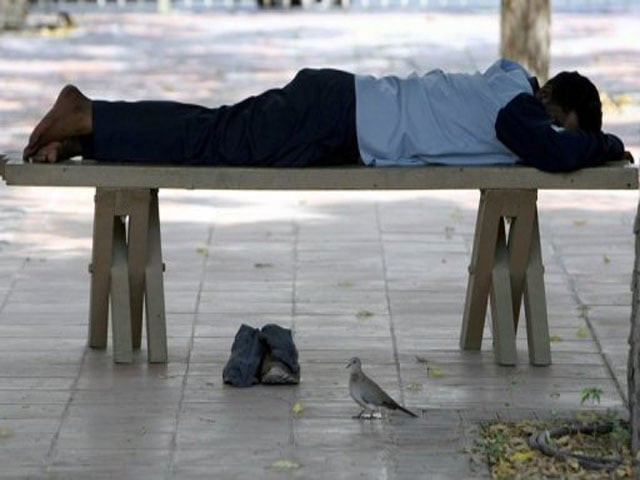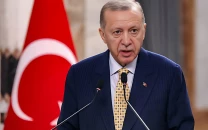UAE workers can break Ramadan fast in extreme heat: fatwa
A fatwa has been issued that allows workers from certain professions to break their fast due to severe hardship.

UAE workers can break Ramadan fast in extreme heat: fatwa
"It is permissible for workers in certain professions to break the fast because of severe hardship," says the fatwa, or Islamic religious edict, issued by the General Authority for Islamic Affairs and Endowments.
However, it also says that this is on the condition that the worker starts the day fasting, and stops only when it is too difficult to continue.
The fatwa, published on the General Authority's website, was issued in response to a question from an oil rig worker who asked whether it was permissible to break his fast over fears of health problems from not eating or drinking while working in high heat and humidity.
Temperatures in the desert Gulf state consistently top 40 degrees Celsius (104 Fahrenheit). "Dehydration and heat stroke are the main health risks for those who are fasting in high-temperature areas, said Dr Lalit Taori, who works at a health clinic in Dubai.
"When you don't take water and these things, you're very at risk," he said. "Those who work outdoors, such as construction workers, and also people with conditions such as diabetes or heart disease, are especially at risk of health problems due to fasting in high heat."
"The main danger sign is severe dizziness," Dr Taori said, adding that others are profusely sweating or not sweating at all, confusion, and collapse.
If someone exhibits such signs, he or she should be taken to hospital, he added. The Muslim fasting month of Ramazan begins in the UAE either on Wednesday or Thursday, with the exact day depending on the sighting of the new moon.




1725099588-0/BeFunky-(41)1725099588-0-208x130.webp)














COMMENTS
Comments are moderated and generally will be posted if they are on-topic and not abusive.
For more information, please see our Comments FAQ